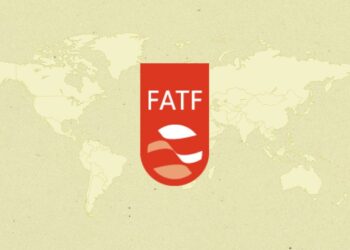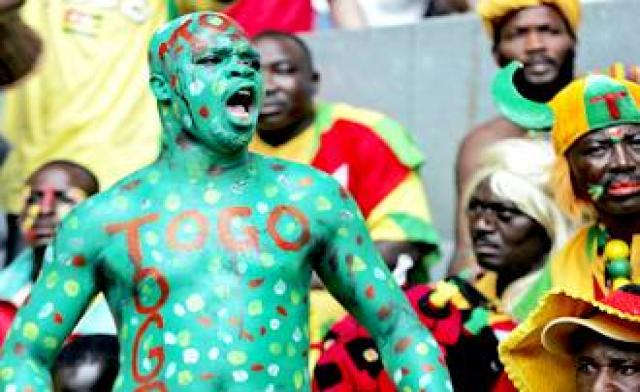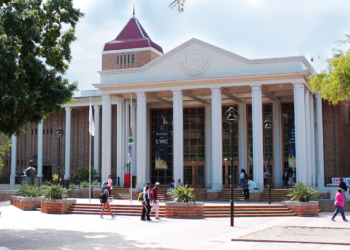A South African city is under lockdown. This follows the latest wave of violence against foreign nationals (precisely Nigerians), who are often considered as “threats” by the locals. News about xenophobic attacks on Nigerians in South Africa is nothing new. Yet, every time it happens, it is always a bitter pill to swallow; especially for those affected.
The latest attacks have reopened unhealed wounds. It was back in 2015 when serious violence rocked some parts of Durban and Johannesburg, with nearly ten foreigners reportedly slaughtered in broad daylight. Between then and yesterday, scores of other attacks have taken place most of which involved Nigerian victims.
Meanwhile, back home in Nigeria, people are outraged and have called for reprisal attacks on South African-owned enterprises. On Twitter, for instance, where clips and images of people being burnt alive have trended, Nigerians are demanding for a complete boycott of South-African businesses in Nigeria; specifically the likes of MTN, Shoprite, and DSTV, etc. These companies operate peacefully in Nigeria where they make billions and remit to South Africa, whereas Nigerian traders are slaughtered ever so often, and their shops looted.
https://twitter.com/_starbiola/status/1168830236122910721
Understanding the situation…
Nairametrics understands that the shooting dead of a South African cab driver by an alleged Nigerian drug dealer, is what ignited this new wave of violence. The incident happened last week in Pretoria, and by early this week violence had swept across to Johannesburg where many foreign-owned shops were looted and razed down. At least, one victim was burnt alive.

It is a grim situation, one that has shocked both well-meaning South Africans and citizens of other African countries. At the root of this hateful crime is xenophobia. And as this problem keeps happening, we cannot ignore the negative economic impact it is leaving behind. Indeed, besides the pain of losing human lives slaughtered in the most horrible manner imaginable, it is high time we begin a discussion about the economic consequences this fraught relation is having on Nigeria and South Africa.
Businesses at risk
Just to clarify, this is not a problem between South Africa and Nigeria alone. Some South Africans have declared war on other nationals from across Africa. However, we have chosen to focus on how the situation affects Nigeria’s relationship with the country, seeing as this is a matter that hits home.
Nigeria’s economic and political relationship with South Africa is at risk right now and that is quite unfortunate. Two of Africa’s biggest economies cannot afford to become enemies. Can you imagine what the effect would be if Nigerians actually retaliate by vandalising South African businesses in Nigeria? The effects would be rippling, affecting both Nigerians and South Africans. That is exactly why retaliation can never be an option.
Well South Africans cannot have South Africa alone and Africa at the same time.
There has to be a message passed by all of Africa to South Africans, an economic message.
Dont boycott South Africa businesses in your nation, however it's fair game to ignore SA imports.
— Kalu Aja (@FinPlanKaluAja1) September 3, 2019
In the meantime, Nigerian businesses in South Africa have suffered a lot. Adetola Olubajo, the President of the Nigerian Union in South Africa, was just quoted to have disclosed that Nigerians have “lost millions”. Again, this development portends negative economic impacts on both the Nigerian business owners, the South African economy, and the Nigerian economy.
At the end of the day, the only way forward is a peaceful resolution. Nigerians cannot keep suffering at the hands of misguided South Africans who strongly believe that foreigners are taking their jobs. Similarly, South Africans in Nigeria cannot afford to fear safety and the safety of their investments in the country. Therefore, both countries should immediately find an amicable solution to the situation and ensure that the matter does not deteriorate further.
[READ: MTN Nigeria CEO, Fredi Moolman, reacts to xenophobic attack on Nigerians]






















